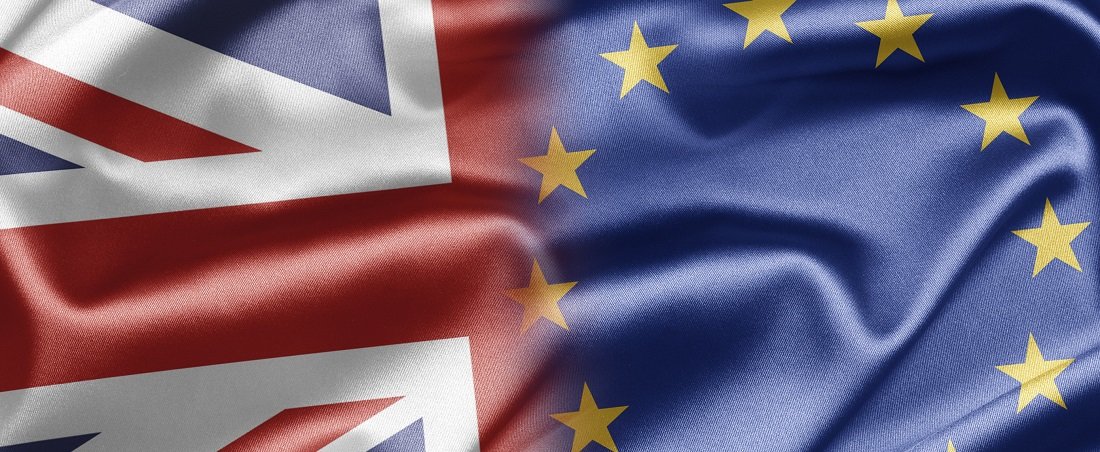A day spent in Brussels, and the mood about the UK referendum was distinctly anxious. The rest of the EU is holding its breath until 23 June. The biggest fear is of the destabilising effect of a British decision to leave. For, ultimately, the purpose of the EU is not just prosperity for its own sake but peace through prosperity and, for the first time in decades, the EU is beset by problems which defy ready solutions. The travails of the Greek economy persist and will provoke another critical reckoning at some point this year. For the time being, the refugee influx from Syria has dwindled. But Turkey has its hand on the tap and could easily turn it on again if the pledged EU money is not forthcoming and, more especially, if Turkey does not get the visa liberalisation she has been promised. Meanwhile, 6,000 refugees from Libya and elsewhere in North Africa are arriving each week in the central Mediterranean. It is feared that Egypt will be an additional source of large scale migration before long. Last week, the Italian Prime Minister’s proposals for the help he needs, including ‘refugee bonds’ to help finance the handling of the flows, were given impatiently short shrift by the German Government. Mrs Merkel is still trying to demonstrate, against the evidence, that her ‘welcome’ policy was the right one. The Austrian Government is threatening to close the Brenner Pass to prevent refugees crossing from Italy into Austria. The recent Dutch referendum was about an EU-Ukraine agreement but the true sub text was an attempt, albeit a minority one, to rock the boat of the Netherlands’ traditionally pro-European policies.
It is no surprise then that Marine Le Pen is planning to come to the UK to campaign for Brexit. A British vote to leave would strengthen the voice of the National Front in the approach to next year’s French Presidential election. Michael Gove sees, with Brexit, the prospect of the “democratic liberation of a whole continent”. Elsewhere across the continent, they see, not a vision of democratic liberation, but a nightmare of demagogic populism.
If Europe as a whole does not manage the refugee crisis – and the problems of Greece – then the political and economic consequences will create a backwash which will not lap gently at our own shores but will quickly erode the already shifting sands of our own fragile recovery. David Cameron’s increased offers of practical help with the refugee problem is a correct calculation of British self-interest.
Against that background, last week’s Treasury analysis of the economic consequences of Brexit is especially timely. The Treasury set out three possible scenarios for Britain’s relationship with the EU after our departure: membership of the European Economic Area (the Norway model) where we would lose between 3.4 and 4.3 per cent of GDP by 2030 compared with continued membership; reliance on WTO membership, in which case we would lose between 5.4 and 9.5 percent; and a free trade agreement on the Canadian model, under which the loss would be between 4.6 and 7.8 percent. Martin Wolf in the Financial Times commented that the numbers might not be exact but that “the direction is right and the magnitudes probably too small”.
The think tank Open Europe thought that the Treasury was erring on the side of pessimism by assuming that no new bilateral trade deals (replacing those which we now have as an EU member) would be completed until near the end of the period (2030) and by giving no estimate of the possible benefits of lower regulation in certain sectors. They are right in that, in principle, we could have lower regulation on the environment and banking, but at present British rules are in both sectors ahead of the EU pack, not the reverse. Similarly, while the British Government might want less strict regulation of, say working time, it must be questionable whether a Government whose majority will diminish with by-elections over the lifetime of this Parliament, would be able to carry the necessary changes in the law against the combined resistance of the opposition parties.
Open Europe’s own assessment of the economic risks of Brexit concludes that the range of risk is between a loss of GDP (compared with continued EU membership) of 2.2% by 2030 and a potential gain of 1.6%. That best case scenario is, in the words of Open Europe’s report one “where the UK strikes a Free Trade Agreement with the EU, pursues very ambitious deregulation of its economy and opens up almost fully to trade with the rest of the world”. It is also one in which the UK takes “a balanced approach to economic migration”, something which, the report acknowledges, would be harder to do in the political climate of a Brexit vote. The interesting conclusion of the report is that “given the difficulty in leaving the EU and the extent of the political and economic challenges the UK would need to overcome to make Brexit work in its long-term interests, it would be foolhardy to leave without first testing the limits of EU reform. Limiting the areas of EU interference, and further market liberalisation, would be the most beneficial option for both the UK and the EU. If the UK puts as much effort into reforming the EU as it would have to in order to make a success of Brexit, the UK and the EU would both be far better off”.
As I wrote, Boris Johnson was berating President Obama for being “hypocritical” in his warnings about the implications of Brexit. Obama could easily have borrowed a favourite phrase of Ronald Reagan’s: “You ain’t seen nothing yet”.

